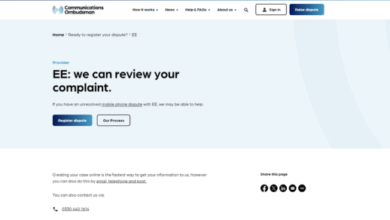Disposing of dirt in Chicago, like in many other places, may involve specific regulations and guidelines to protect the environment and ensure proper waste disposal. Here’s how to dispose of dirt in Chicago:
1. Check Local Regulations:
- Begin by checking with the Chicago Department of Streets and Sanitation or your local municipal authorities for specific regulations and guidelines regarding dirt disposal in your area. Regulations may vary from one neighborhood to another within the city.
2. Separate Contaminated and Clean Dirt:
- Determine whether the dirt you need to dispose of is contaminated or clean. Contaminated dirt may contain hazardous materials or pollutants and requires special handling. Clean dirt typically consists of soil and organic matter.
3. Contact a Local Landscaping or Construction Debris Disposal Service:
- Consider contacting local landscaping or construction debris disposal services in Chicago. Some of these businesses accept clean dirt for a fee. They often have the necessary equipment and facilities to manage soil and debris disposal.
4. Rent a Dumpster or Roll-Off Container:
- If you have a large quantity of dirt to dispose of, you can rent a dumpster or roll-off container from a waste disposal company. They can provide a container appropriate for your needs and arrange for proper disposal.
5. Organize a Bulk Pickup (If Available):
- In some cases, the city of Chicago may offer bulk pickup services for yard waste and clean dirt. Contact your local waste management department to inquire about available bulk pickup dates and guidelines for dirt disposal.
6. Consider Reusing or Recycling:
- If the dirt is clean and suitable for reuse, consider using it for landscaping or gardening on your property. Alternatively, you might be able to offer it for free to others in your community who need fill dirt for their projects.
7. Follow Soil Testing Guidelines (If Required):
- If you suspect that the dirt may be contaminated with hazardous materials, it’s essential to follow proper soil testing guidelines. Contact the appropriate authorities or environmental agencies for guidance on soil testing and disposal of contaminated soil.
8. Abide by Rules for Hazardous Soil (If Applicable):
- If your dirt is determined to be contaminated and falls under hazardous waste regulations, you will need to follow specific procedures for testing, disposal, and documentation. This typically involves working with environmental agencies to ensure safe handling and disposal.
9. Document Disposal:
- Keep records of your dirt disposal, including receipts, invoices, or any required documentation. This can help you demonstrate that you’ve disposed of the dirt in compliance with local regulations.
10. Dispose Responsibly: – Always prioritize responsible and environmentally friendly disposal practices. Avoid illegal dumping, as this can result in fines and harm the environment.
Remember that proper disposal of dirt is essential to protect the environment and comply with local regulations. If you are unsure about how to dispose of your dirt or have concerns about its contamination, it’s advisable to consult with local authorities or environmental agencies in Chicago for guidance and assistance.




